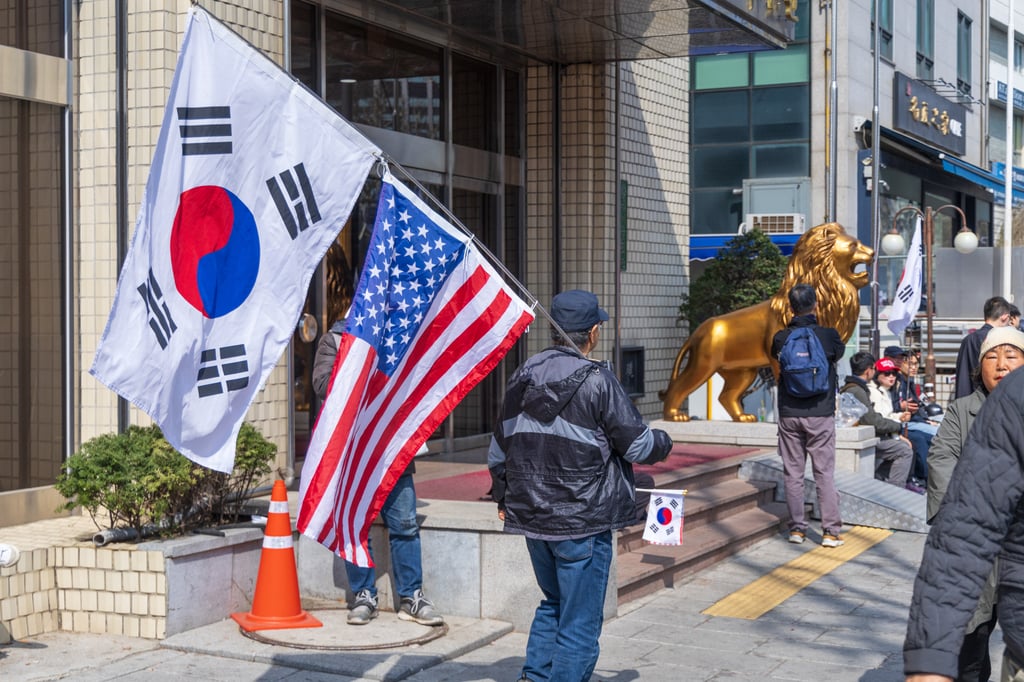As South Korea gears up for a high-stakes snap presidential election, many Chinese nationals and ethnic Korean-Chinese residents in Seoul say they are experiencing a disturbing rise in discrimination – fuelled by political rhetoric, social media hate speech, and street-level harassment.
“We don’t want to speak about it. As a foreign national, I could be targeted,” said the owner of a Chinese restaurant in eastern Seoul, declining to share her name out of fear for her safety.
In April, a protest led by far-right groups erupted near her neighbourhood, home to a large Chinese population. Demonstrators shouted slogans including “Go back to China” , some laced with racial slurs. One employee at a local Malatang restaurant was harassed after allegedly throwing a steam cooker at the crowd. He was later taken to hospital.
“I’ve lived in South Korea for quite some time, but this is the first time I’ve seen a protest like that,” said another restaurant owner, in his 50s. “Now, every time I commute to work, I feel anxious.”
For 19-year-old Dai Wei Peng, a Chinese student from Guangdong, the change has been subtle – but palpable. “I feel like there was a change in attitude among some Koreans. On social media, the comments are more hostile. More people have become like that,” he said.
Even Mandarin speakers from outside mainland China say they have been caught in the wave. “Someone shoved me hard on the subway while I was speaking to my mother on the phone in Mandarin,” said Joseph Chung, a Taiwanese expat in Seoul. “He didn’t say anything, but I could feel the hostility.”



